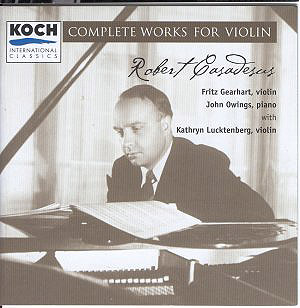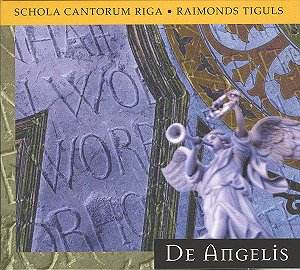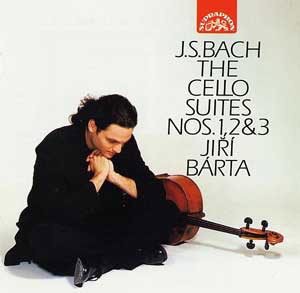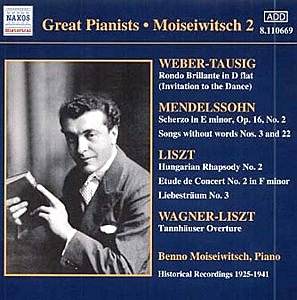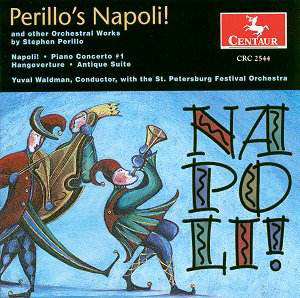 Composer: Steve Perillo
Composer: Steve Perillo
Works: Napoli!, Piano Concerto No. 1, Hangoverture, Antique Suite
Performers: Nina Kogan (piano), St. Petersburg Festival Orchestra/Yuval Waldman
Recording: “Kapella”, St. Petersburg, May 1998
Label: CENTAUR CRC 2544
Steve Perillo emerges from the vibrant tapestry of late 20th-century American music, a composer whose work offers a kaleidoscopic vision reminiscent of his predecessors, yet distinctly his own. The four pieces presented in this recording, all composed in the late 1990s, showcase a playful yet sophisticated engagement with the stylistic pluralism that characterizes much contemporary composition. Perillo’s influences, ranging from Charles Ives to Alfred Schnittke, are palpable in the juxtaposition of musical materials that oscillate between whimsy and seriousness, tradition and innovation.
The opening work, Napoli!, is a riotous musical postcard that encapsulates the essence of Naples with its vibrant colors and rhythmic vitality. The piece begins with the delicate tinkling of a music box, a device that serves as an evocative motif throughout the work. This simplicity is soon met with overwhelming orchestral clusters that evoke both chaos and celebration, a sonic representation of the city itself. The composer’s clever use of pseudo-Neapolitan melodies contrasts beautifully with these harsher textures, creating a dialogue that is both humorous and profound. The orchestral palette is rich, yet at times the engineering feels flat, diminishing the impact of these contrasting elements.
In Hangoverture, written for the dawn of the new millennium, Perillo embraces a similarly eclectic approach. The work thrums with vitality as various musical styles collide, suggesting a cinematic experience akin to a Wurlitzer or cinema organ, as the composer hints at with his enigmatic program notes. This piece exemplifies the playful spirit of the composer, as the energetic motifs are underpinned by a sense of irony and nostalgia. Waldman’s direction seems to revel in the work’s exuberance, although the recording lacks the clarity that might allow the intricate layering of sounds to fully emerge.
The Piano Concerto No. 1 presents a more structured yet equally engaging experience. Opening with a Poulenc-esque theme, the first movement’s refrain is frequently interrupted by angular orchestral interventions, presenting a compelling tension that captures the listener’s attention. Here, Nina Kogan’s pianism shines brightly, her deft touch bringing life to the seemingly simple melodies that are often disrupted by the orchestral forces. The slow movement, characterized by a theme and variations, overlays a sense of nostalgia with moments of self-aware irony, reminiscent of John Cage’s musings on the nature of imitation in classical music. The finale bursts forth as a riotous Rondo, showcasing both Kogan’s technical prowess and the orchestra’s exuberance, although at times the orchestral balance seems to overshadow the soloist’s contributions.
Perillo’s Antique Suite, derived from his earlier woodwind quintet, offers a more traditional structure, yet it too is laced with unexpected twists. Each movement presents a character piece that flirts with classical forms while subverting expectations—an approach that aligns well with the composer’s overall aesthetic. The performances here are commendable, reflecting a keen understanding of the idiomatic nuances required, though they occasionally lack the depth of expression achieved in more established works of the repertoire.
While the performances are imbued with enthusiasm and technical assurance, the recording quality does not do justice to the complexity of Perillo’s orchestration. The sound is somewhat constricted, preventing the dynamic contrasts and coloristic variety from fully resonating. This limitation is particularly felt in the orchestral textures where the intricate interplay of instruments could benefit from greater spatial clarity.
Perillo’s music, with its blend of humor and sophistication, may not resonate with every listener, but for those attuned to the spirit of Ives or Schnittke, this collection offers a delightful exploration of contemporary musical idioms. The works are rich in character, reflecting a composer who is both aware of tradition and unafraid to playfully subvert it. Steve Perillo’s distinctive voice, marked by a joyous iconoclasm, invites listeners into a world of clever musical dialogues that entertain while provoking thought.
